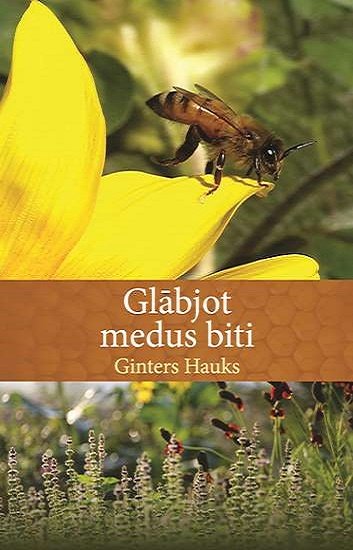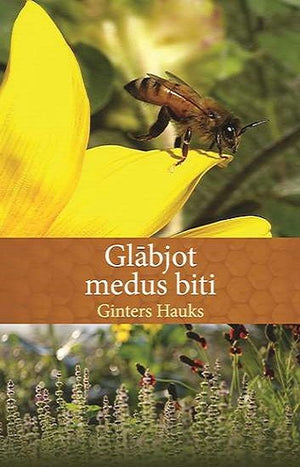

SAVING THE HONEY BEES was first published in 2002, four years before the term bee extinction syndrome began to be widely used to refer to the ever-increasing phenomenon of the honey bee dying in the world. A significant decrease in the number of bees has been observed since the middle of the 20th century, and now, as we approach the third decade of the 21st century, the situation worsens every year.
In this book, Gunther Hauck does not offer magic arrow that would solve this problem - there is not and cannot be. However, the author and world-renowned beekeeper offers a simple, well-understood and yet unconventional way of thinking that would be the basis for appropriate societal action to stop bees from dying.
More than ever, there is a need for active and holistic human action, which Gunther Hauck talks about directly and openly in this book. Written with deep love and true respect for the Earth and all living things, SAVING HONEY BEES is like a light that shows the way to the future for farmers, gardeners, beekeepers and anyone who cares about the future of our Earth.
This reissue is richly illustrated and filled with lots of very useful and practical advice for beekeepers.
GINTERS HAUK has been an experienced teacher, biodynamic gardener and beekeeper for forty years. Former college instructor in the US, later horticulture teacher at a Waldorf school in Germany. In 1996 he returned to the United States and SpringValley In the state of New York, he established a joint venture - the Pfeiffer Center for Biodynamic Agriculture and Environmental Studies, where he also worked as a teacher. Since writing in New York
In the newspaper Times , which was called The Hush of the Hives ( Silence in the beehives ), published in the USA and also in other countries, he has conducted countless seminars on biodynamic agriculture and sustainable/biodynamic beekeeping methods. In 2006, together with his wife Vivienne, he founded a non-profit honey bee sanctuary Spikenard Farm, Inc. , now 25 acres in the Blue Ridge Mountains near Florida, Virginia. Their seminars on sustainable, biodynamic beekeeping methods, as well as the biodynamically managed reserve gardens, attract visitors and agricultural students from all over the world.
